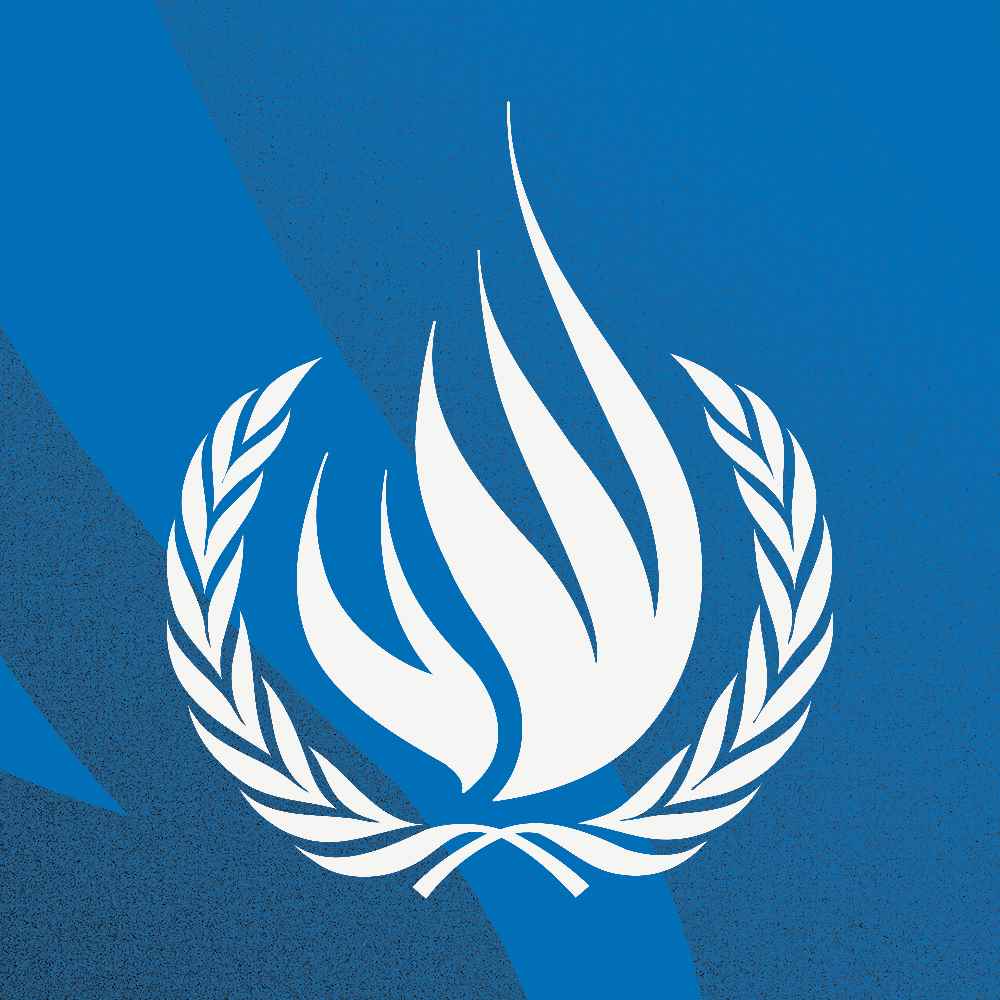
For too long the approach to the Israeli–Palestinian peace process has been to consider it as either a real estate dispute or a security discourse in its narrowest sense, forgetting that any agreement should put people and their human rights at its center.
The focus has been on sovereignty, land and borders, security arrangements, demilitarised zones and arms control. By this logic the human rights of millions of people, mainly Palestinians, have been considered no more than a derivative of an agreement, and by that held hostage until such an agreement is achieved.
This Gordian knot that perpetuates the victimization of the Palestinian people by Israel and deprives them of the most basic human rights until there is a peace agreement, or until the Palestinian political system gets its act together, must be cut. In doing so the international community, by holding to account those who have perpetrated these violations of human rights and obstructed progress toward peace, can contribute both to ending the suffering of millions and advancing the cause of reconciliation.
The entire post-Second World War international system and rights-based approach was intended to reverse this state of affairs, even if, admittedly, it is not always universally followed. This model is morally appropriate for all those whose human rights are abused with impunity, and could also create, in the case of the Israeli–Palestinian conflict, sufficient space for the two main protagonists and the international community to explore this route toward a resolution of the conflict.
The rights-based approach itself is not new. It is a conceptual framework with the clear aim of putting human rights at the center of governments’ and organizations’ policies and activities, directed at promoting and protecting those rights, based on international human rights standards as they have been articulated in international law and international conventions and agreements.
The objective is to empower individuals and groups to claim and exercise their rights, and either strengthen the capacity of those who have the duty and obligation to safeguard, protect and promote human rights, or to hold accountable those who abuse them. Can anyone deny that Israeli–Palestinian relations have a desperate need for such an approach?
But in this asymmetric conflict, instead of peace we have seen a deepening of the occupation along with periodic violent outbursts of varying intensity. In the triangle of three governing entities, Israel, the West Bank and Gaza, the main victims of human rights abuses at the hands of all three are the Palestinians, but it is Israel’s occupation of the West Bank, its blockade of Gaza and its discrimination against its own citizens who are Palestinian-Arabs that constitute the lion’s share of these daily violations.
In the territory between the Jordan River and the Mediterranean Sea, half the population is Jewish and half Palestinian, but while the former generally enjoy the rights that come with living in a democracy, most of the latter do not. Unsurprisingly, the Israeli NGO B’Tselem and the Human Rights Watch organization, after considering this situation and presenting meticulously researched and argued reports, have concluded that Israel’s current attacks on human rights constitute an illegal, apartheid regime in Israel, the West Bank and Gaza.
In the territory between the Jordan River and the Mediterranean Sea, half the population is Jewish and half Palestinian, but while the former generally enjoy the rights that come with living in a democracy, most of the latter do not.
Yossi Mekelberg
The preamble to the Universal Declaration of Human Rights states that “recognition of the inherent dignity and of the equal and inalienable rights of all members of the human family is the foundation of freedom, justice and peace in the world.” Therefore, we should endeavor to create a world in which human beings “shall enjoy freedom of speech and belief and freedom from fear and want (that) has been proclaimed as the highest aspiration of the common people.”
The declaration was adopted by the UN General Assembly in late 1948, only a few years after the horrific atrocities of the Second World War, but also during the first war between Israel and its neighbors that resulted in the Palestinian Nakba (catastrophe), much of it deliberately created by the actions of Israel’s military, which left millions of Palestinians, many of them refugees, living under occupation or at the mercy of hostile governments.
While there is still some hollow talk about imaginary peace talks, the human rights violations relentlessly continue. Only this week the Israeli human rights group Gisha, whose goal is to protect the freedom of movement of Gazan people, highlighted that two months on from the most recent deadly clashes between Israel and Hamas, Israel is maintaining its obstructive policies over movement and access, conditioning the reconstruction of Gaza on the outcome of negotiations with Hamas.
The immediate consequence of this is to aggravate the suffering of the 2 million people who live in this tiny strip of land, and who, even before the recent hostilities, suffered from extreme poverty and lack of basic services, such as sufficient electricity and safe water supplies.
Another consequence of this disregard for the dignity and human rights of Palestinians is the recent decision to prevent Khalida Jarrar, a Palestinian legislator and prominent critic of the occupation who is currently imprisoned by Israel, from attending the funeral of her daughter Suha Jarrar, herself a political activist, who died suddenly.
This is what heartless and arbitrary occupation looks like. Khalida Jarrar, like many Palestinian dissidents, has been imprisoned for several years, mostly in “administrative detention” — in other words without trial. This is why, first and foremost, any moves toward a negotiated peace must concentrate on human rights.
After all, those are only two examples, and no single newspaper column could even scratch the surface of the many and various human rights abuses that Palestinians suffer on a daily basis. Numerous acts of unlawful killing have gone unpunished, people endure lengthy detentions without trial, homes are demolished as a form of collective punishment, land is confiscated in order to build illegal Jewish settlements, and there are all sorts of restrictions on basic freedoms of speech, movement and assembly — and where do we stop?
So many of these violations are perpetrated in the name of Israel’s security, but in the final analysis they achieve exactly the opposite, and in doing so callously inflict immeasurable suffering, and deepening divisions and hatred. If peace is to be achieved, it has to start by rolling back these abuses of human rights. Such an approach will in no way compromise security, and in the long run can only enhance it for all.
Yossi Mekelberg is professor of international relations and an associate fellow of the MENA Program at Chatham House. He is a regular contributor to the international written and electronic media. Twitter: @YMekelberg
Disclaimer: Views expressed by writers in this section are their own and do not necessarily reflect Arab News" point-of-view











